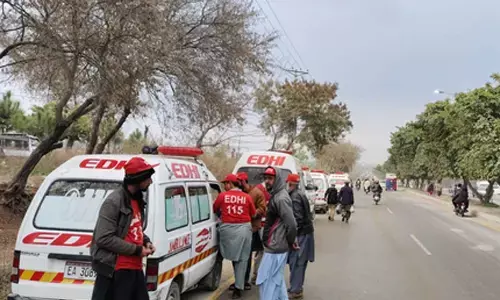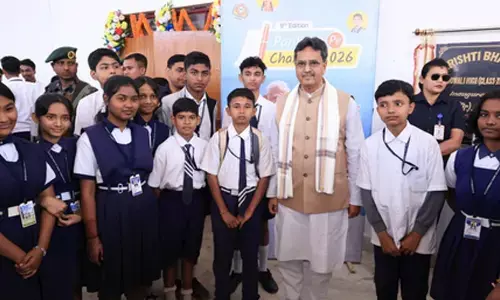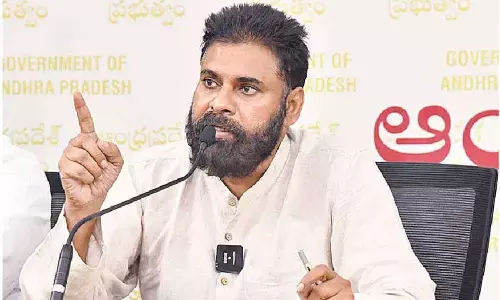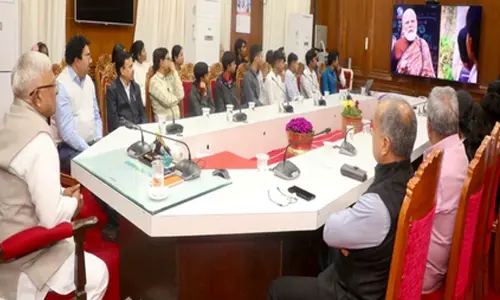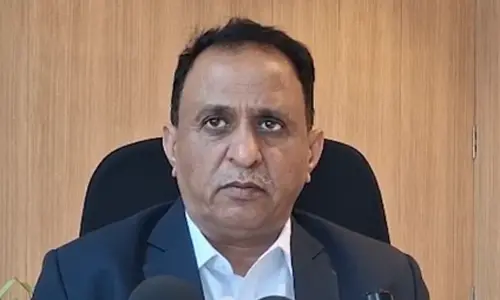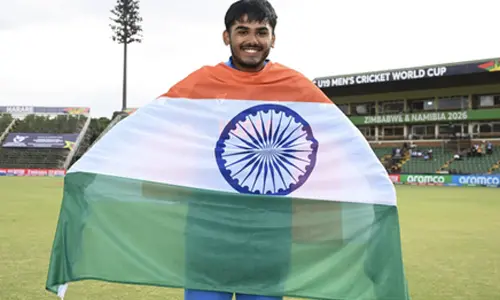Making sense of dynastic politics in India
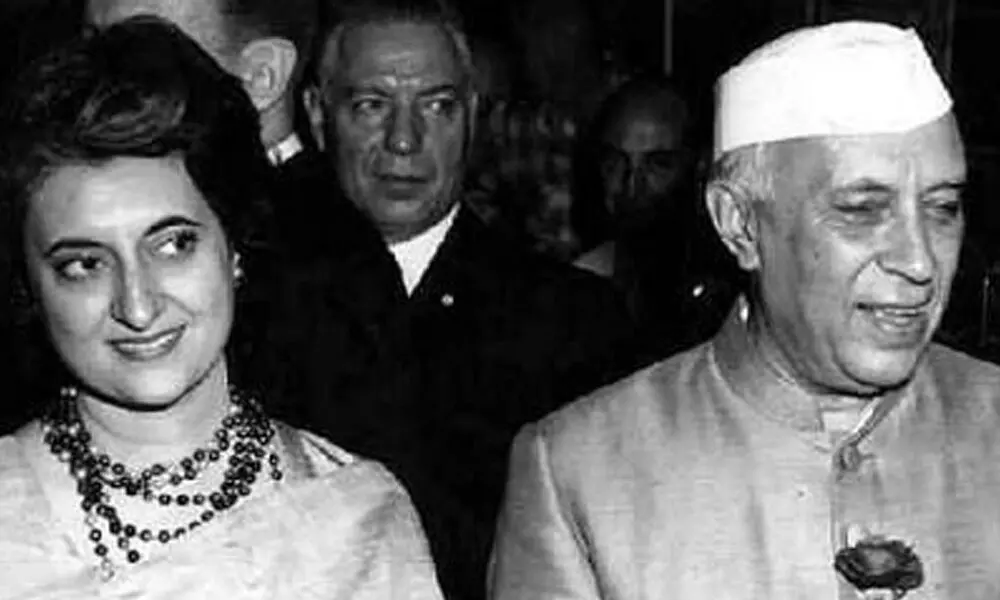
Making sense of dynastic politics in India
While, in the civil service, one was used to the distinction between those who are ‘selected’, and those who are ‘elected’
While, in the civil service, one was used to the distinction between those who are 'selected', and those who are 'elected'. In both categories, however, it is not uncommon to find that ancestry and legacy play an important role, in people becoming what they, in fact, have become. This is also true of other fields such as business, scientific research, the armed forces, professions such as law, medicine and engineering, apart from the film world and sports and the academics.
I have often wondered about the wisdom and logic of the well-known Sanskrit saying "panditha puthraha parama sunthaha". Freely translated, it means that the offspring of learned people often turn out to be utter dunces. As we have noted just now, it is the contrary which is true, most of the times, in real life.
On the other hand, the principle behind that saying is not entirely unfounded. In my own case, my daughter, as well as my son, both showed marked disinterest in following in my footsteps. Perhaps watching me go through the trials and tribulations of life in civil service put them off and made them look in other directions.
Wise, and learned people rarely acquire the things that normally attract people, such as wealth, fame, and popularity. They are often content with passing on the fruits of their wisdom, and experience, to a select few who are not usually in a position to reward them handsomely, at least in terms of material offerings.
It is another thing if the pupils make a name for themselves in life and, in turn, bring pride and satisfaction to their teacher. It would, therefore, not be surprising if the children of such persons who, as all normal human beings, probably would like to be rich, well-known, or in a position of leadership and command, looked elsewhere for options in terms of a career.
As an example let us look at the area of political arena in the country. India has for long had families actively involved in politics at various levels. In many cases, the families in question established political dynasties, bequeathing to their succeeding generations, the legacy of carefully nurtured constituencies. Strange, as this phenomenon might appear to external observers, we Indians find nothing surprising about it.
It is, after all, but an extension of the erstwhile practice, of the royalty (most parts of the country, before Independence, were ruled by one dynasty or other), recognising the privilege to rule as a birthright. That arrangement has yielded place, albeit in a different form, to the present practice.
Modern Indian history is replete with instances where political dynasties have ruled the roost at the national, state, as well as local levels. The Nehru family, for instance, from Motilal (who was President of the Indian National Congress in the 1860s), through Jawaharlal Nehru, Indira Gandhi, Sanjay and Rajiv Gandhis and, now, Rahul, Priyanka, Maneka and Varun Gandhis, is a striking example of a political dynasty stretching over four generations the like of which has not been seen by the country. Generation after generation, they won the hearts of the people with their charisma and appeal.
The Scindia family, in Madhya Pradesh and Rajasthan states, and the Abdullah family in Kashmir, are also examples that fortify the belief that the adulation and regard, that families enjoy, play a significant role in the preference expressed by the voting public at the hustings. Somewhat similar is the case with the Gowda family in Karnataka, the Patnaik family in Odisha and the Badal family in Punjab.
While, no doubt, the Karunanidhi family in Tamil Nadu has maintained a stronghold over the politics of the state, swaying the mood of the voters, time and again, the situation there was slightly different. There is a strong undercurrent of political ideology in the approaches of the main political parties of the state. Caste, community, and the matinee idol syndrome, have all had an enormous influence in informing their ideology as well as performance, in elections, one of the two factors has always played a role in the state's politics, from Annadurai through MGR, Karunanidhi (including his son Stalin, daughter Kanimozhi and nephew Murasoli Maran) to Jayalalithaa.
Not unlike that is the situation in Andhra Pradesh and Telangana states, where the two major politically influential communities have maintained their hold over the reins of the state. In fairness, to the principal political personalities that have played a historical role in the politics of the state in recent decades, it must, however, that leaders, such as NTR, Chandrababu Naidu and Y.S. Rajasekhara Reddy, also brought their personal charisma and unique choice of populist schemes to their campaigns, as well as governments.
Clearly the culture of family – controlled politics is deep-rooted in the political space of the country although, over time, competition from new generation politicians is beginning to make its impact. This is perhaps on account of the fact that, until recently, many factors, such as the absence of internal democracy in political parties, the fact that independent and freethinking civil society based organisations are yet to find space in the relationship between political parties and the voters, and centralised financing of elections, had facilitated the control of single families or politics at various levels.
Before we leave this topic, it needs to be noted that the logic of dynastic politics is one of patronage. The original head exchanges his power, and authority, to distribute economic largesse and access to the state machinery, for sustained and unfailing loyalty to his family.
While the phenomenon of dynastic politics certainly had its value in the past, experience elsewhere has shown that, in the long run, it leads to loss of vitality and performance and other deleterious consequences. Research has shown, for instance, that in the Philippines, the fact that more than 60 per cent of the country's House of Representatives was made up of dynastic clans spelt disaster.
(The writer is former Chief Secretary, Government of Andhra Pradesh)








